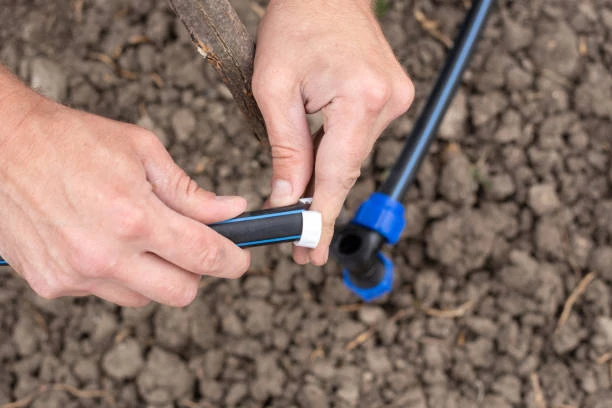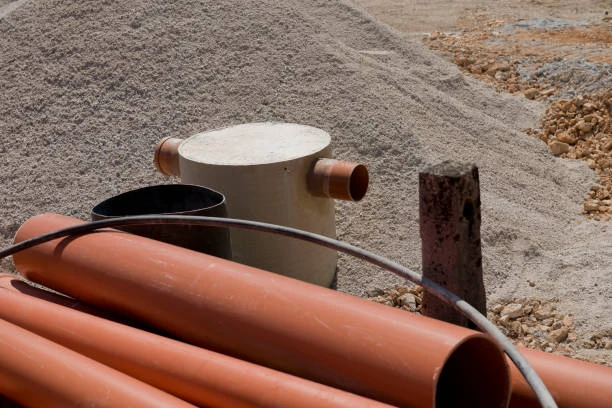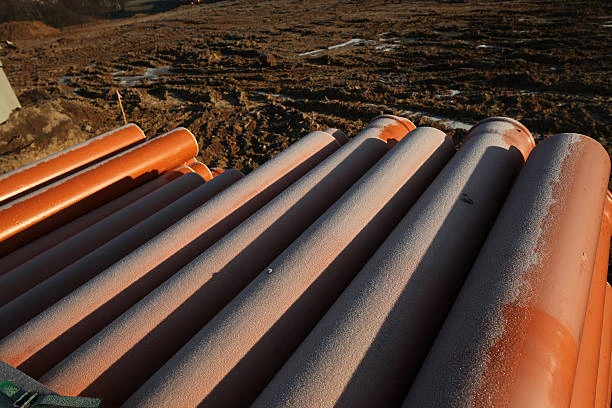Introduction
Unplasticized polyvinyl chloride UPVC fittings are a popular choice in various industries, from plumbing to construction. Known for their durability, affordability, and chemical resistance, they provide numerous advantages for both residential and industrial applications. But are UPVC fitting always the best option? While their benefits are undeniable, certain factors might lead you to explore alternative materials. This article delves into the pros, cons, and situations where choosing UPVC fitting may not be ideal.
What Are UPVC Fittings?
UPVC fittings are components used to connect, redirect, or control the flow within piping systems made of UPVC material. Unlike regular PVC, UPVC lacks added plasticizers, which gives it increased rigidity and strength. Common applications include water distribution, sewage systems, and chemical transportation.
Key properties of UPVC fitting:
- Non-corrosive: They resist corrosion even in harsh environments.
- Chemical resistance: UPVC handles a wide range of chemicals without degradation.
- Lightweight: Easier to transport and install than metal alternatives.
- Affordable: Cost-effective compared to metal or other advanced materials.
Advantages of UPVC Fitting
1. Durability and Longevity
UPVC fittings withstand wear and tear better than many materials. Their ability to resist UV rays and chemicals makes them an ideal choice for outdoor and industrial use.
2. Low Maintenance
Once installed, UPVC fitting require little to no maintenance. Unlike metal pipes, they don’t rust or corrode, reducing the need for frequent replacements.
3. Eco-Friendly Nature
UPVC fittings are recyclable and have a lower environmental impact during production compared to some materials. Their extended lifespan also means less frequent replacements, reducing waste.
Why Might UPVC Fitting Not Be the Best Choice?
While UPVC fittings have many strengths, they are not without limitations. Here are scenarios where opting for alternative materials might be more suitable:
1. High-Temperature Applications
UPVC fittings have a limited temperature tolerance. They start to deform at temperatures exceeding 60°C (140°F), making them unsuitable for high-temperature fluids or environments. Materials like CPVC or metal may perform better in such conditions.
2. Heavy-Load Environments
In situations requiring high mechanical strength, such as underground installations in areas with heavy traffic, UPVC fitting may not provide the required support. Reinforced materials like ductile iron or steel offer better performance under heavy loads.
3. Aesthetic Concerns
UPVC fittings may not align with aesthetic requirements for visible piping. Materials like copper or stainless steel provide a more polished and professional appearance in such cases.
4. Impact Resistance
Although UPVC is rigid, it can become brittle over time, especially in cold climates. Materials like polyethylene (PE) offer greater flexibility and impact resistance, making them a better choice in freezing environments.
5. Limitations in High-Pressure Systems
UPVC fitting work well under moderate pressure but may not withstand the demands of high-pressure applications. For such needs, materials like PPR (polypropylene random copolymer) or metal alloys provide greater safety and reliability.
When to Consider Alternatives to UPVC Fitting
Industrial Applications with Extreme Conditions
If your project involves highly corrosive chemicals or extreme temperatures, consider specialized materials such as stainless steel or PTFE fittings. These options ensure safety and longevity under demanding conditions.
Underground Installations in High-Traffic Zones
For buried pipelines, especially in areas with frequent heavy loads, ductile iron or reinforced concrete might be a better choice. These materials provide the necessary structural integrity.

Visible Installations in Commercial Spaces
In office buildings or commercial spaces, aesthetic considerations may take precedence. Polished copper or stainless steel fittings can provide a visually appealing solution.
How to Make the Right Choice?
Choosing the correct fitting material depends on understanding your specific project needs. Evaluate factors such as temperature, pressure, exposure to chemicals, and aesthetic requirements before making a decision. While UPVC fitting work well in many scenarios, recognizing their limitations ensures a safe and efficient system.
Conclusion
UPVC fittings are versatile, cost-effective, and durable, making them a common choice across industries. However, they are not always suitable for every application. By understanding their limitations and exploring alternatives, you can ensure the success and safety of your project.
FAQs
1. What are UPVC fitting made of?
UPVC fittings are made from unplasticized polyvinyl chloride, a rigid and durable material that lacks added plasticizers.
2. Are UPVC fitting suitable for hot water systems?
No, UPVC fittings are not ideal for hot water systems due to their low tolerance for high temperatures. Consider CPVC fittings for such applications.
3. Can UPVC fitting handle chemical exposure?
Yes, UPVC fittings resist many chemicals, but for extremely corrosive substances, alternative materials like stainless steel or PTFE are better.
4. How do UPVC fitting compare to metal fittings in terms of cost?
UPVC fittings are more affordable than metal fittings, making them a cost-effective option for many applications.
5. Are UPVC fittings recyclable?
Yes, UPVC fittings are recyclable, making them an eco-friendly option compared to some other materials.


















